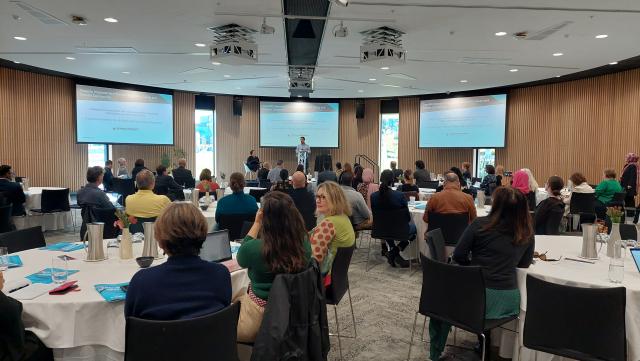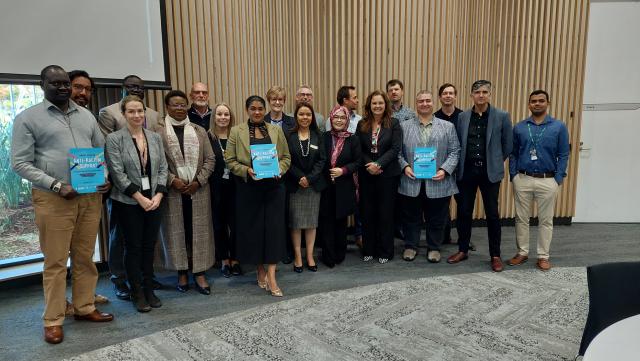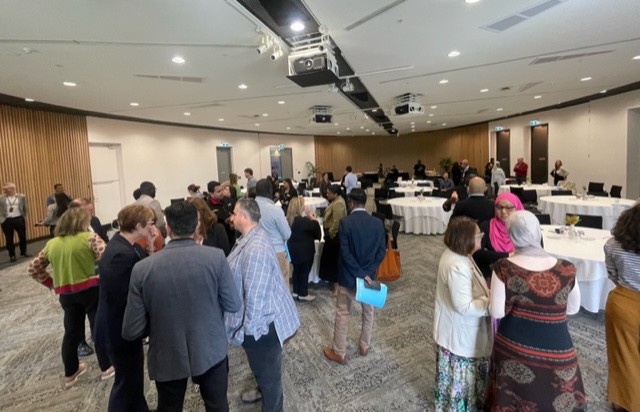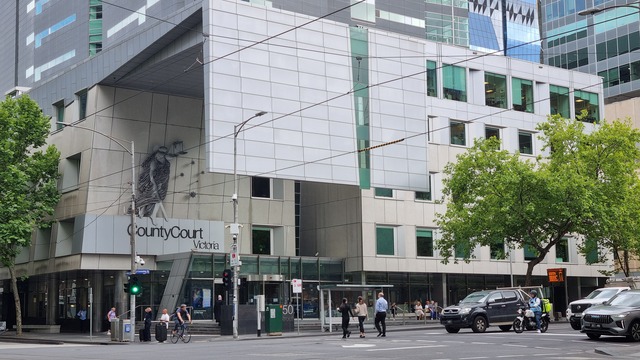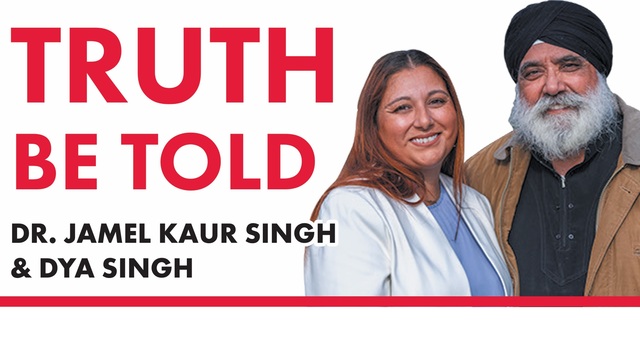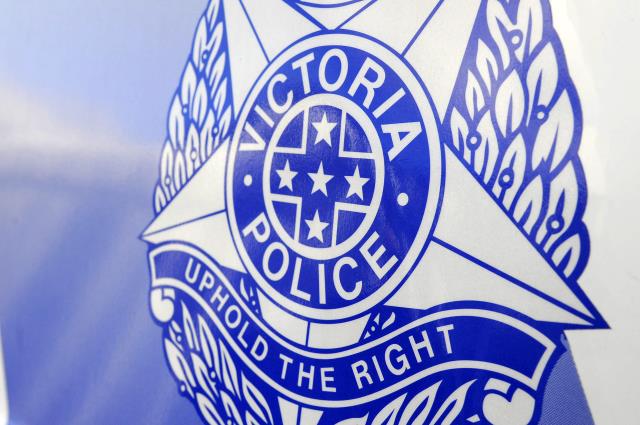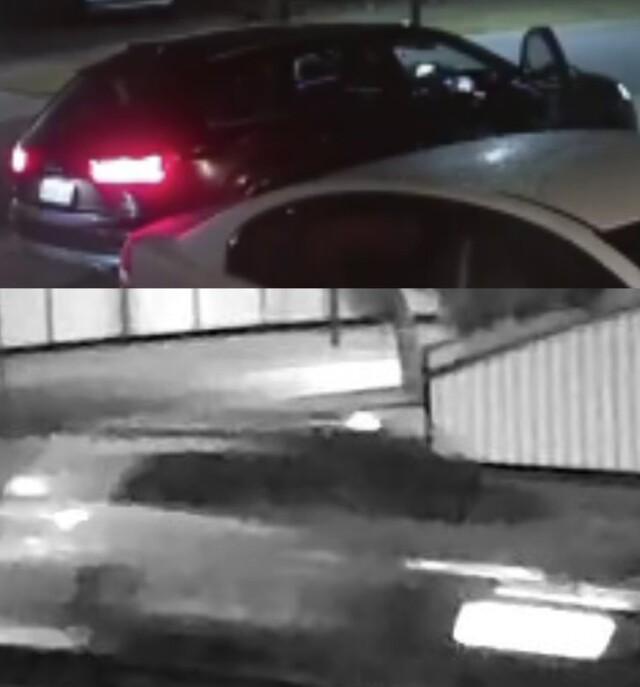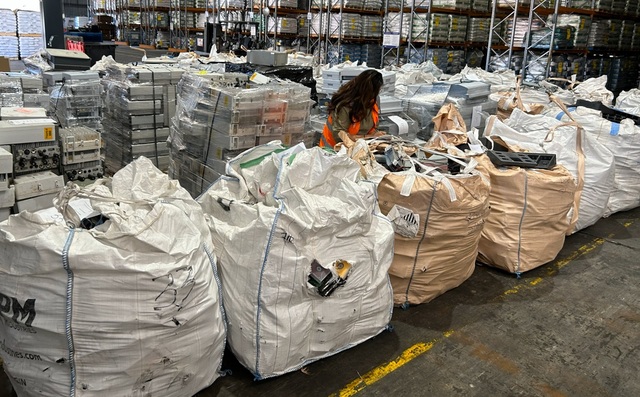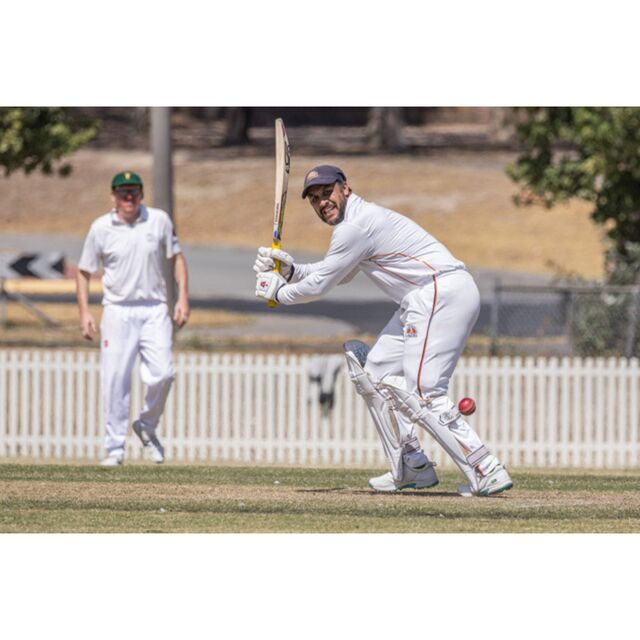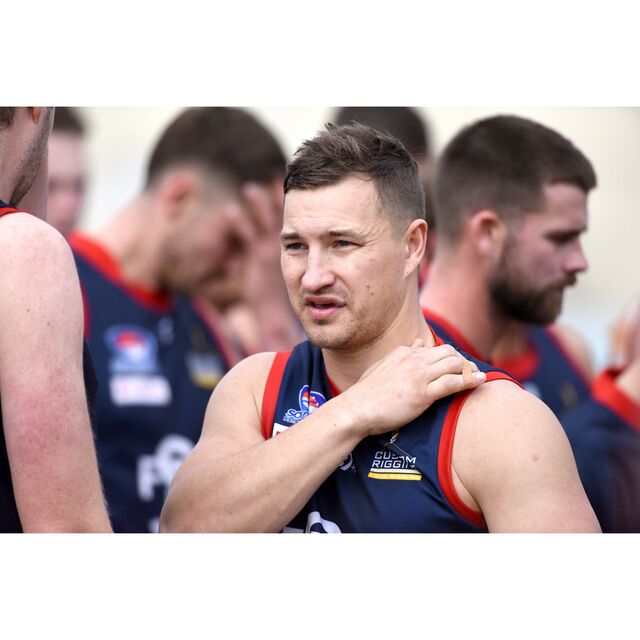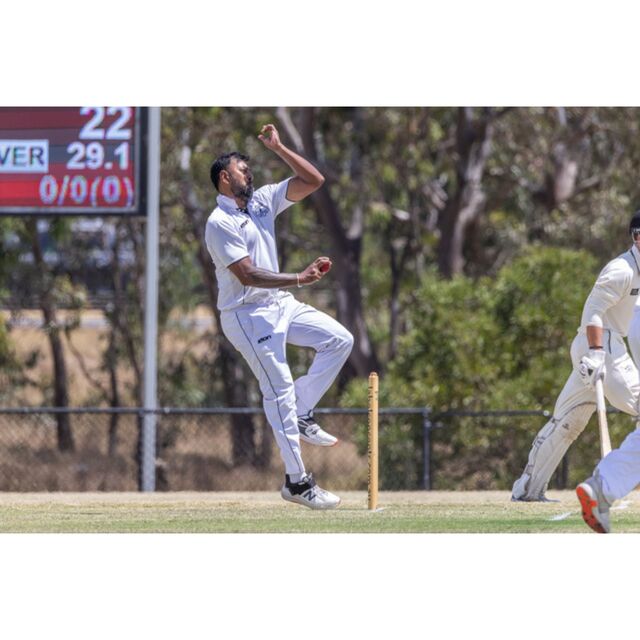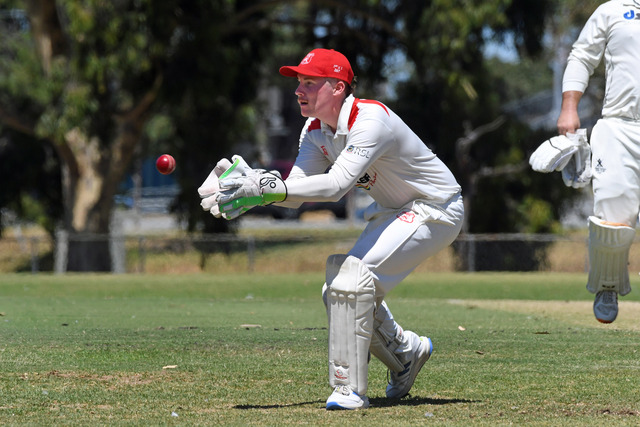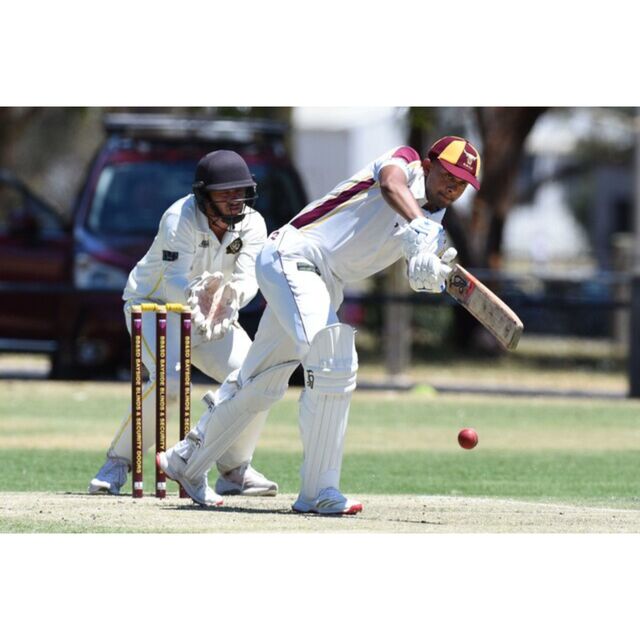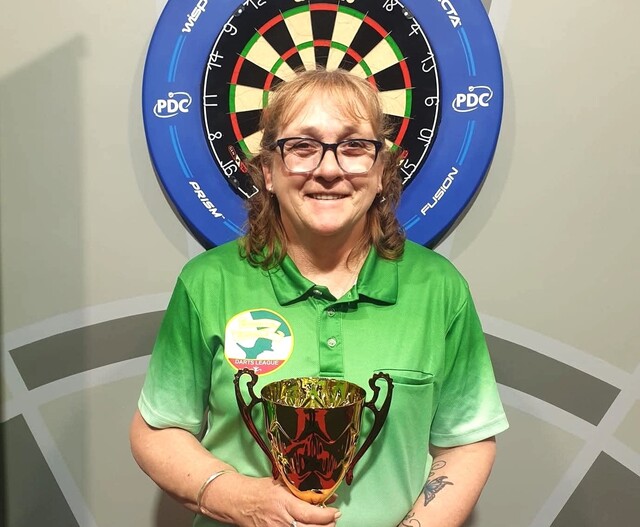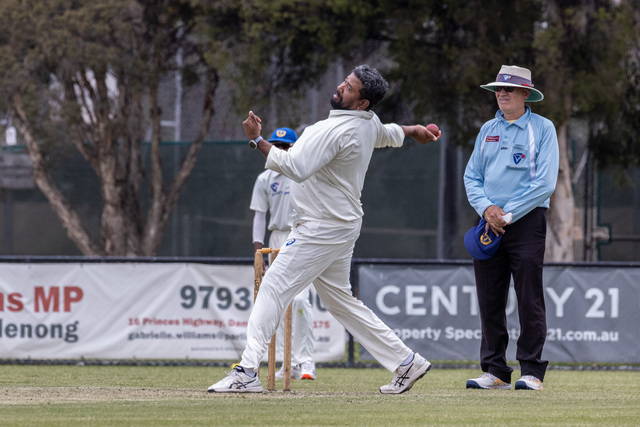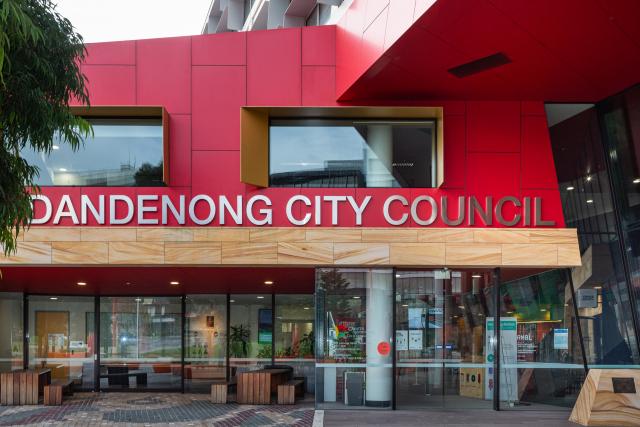Racist incidents are significantly under-reported in Greater Dandenong and Casey, according to a recent in-depth study.
The report Towards Improved Anti-Racism Support in Casey and Greater Dandenong conducted by Victoria University in partnership with the two councils was launched on Thursday 20 April at Bunjil Place.
The report consisted of a community survey and 11 peer facilitated focus groups over an 18 month period in 2021 and 2022.
Its key findings were 61 per cent of the people surveyed experienced racism in the past 12 months.
Out of these, 58 per cent of the racist encounters took place in their employment, 47 per cent in shopping centres, 41 per cent in educational and school settings and 38 per cent in public transport and social media.
Common forms of racism were microaggressions, insults, and unfair treatment.
Four-out-of-five respondents who experienced racism did not report it because they didn’t think it would change anything, didn’t know where to go, had language barriers, didn’t trust existing services or were concerned about negative backlash.
And those who did report racist incidents were disappointed with the reporting experience and outcome.
Associate Professor Mario Peucker said he wasn’t surprised of the report findings.
“The projects ends but the actual work starts now.”
The report concludes with six recommendations to tackle racism.
Some of the recommendations are highlighting multiculturalism, the representation of people from CALD backgrounds and related to this is the lack of representation in leadership roles as an effect of “exclusionary structures and processes and cementing of exclusionary boundaries”.
A “pivotal” and meaningful local anti-racism practice in both municipalities is also among the recommendations along with diversifying reporting pathways to meet different needs in different situations of residents.
Mr Peucker and Professor Tom Clark collaborated with community organisations and residents to develop a local ‘roadmap’ of practical ways that reporting and support services could be tailored to the specific needs of local communities.
“We have worked with number of local community organisations who’ve shown interest in becoming involved in the anti-racism support network,” Mr Peucker said.
“They would be the key people to drive this forward, engage with council, local police, the Victorian Human Rights Commission and many others.
“We provided the recommendations but which recommendations are implemented when and how that’s up to others but we’re there to support.”
This is the third VU report of this kind – the first was on City of Wyndham in 2021 and City of Whittlesea in 2022.
Now the VU researchers are scaling up and will be on a two year project reporting on a Victoria-wide approach.
“It’s a bigger project and we hope at the end of this we have the foundation of community inputs that we can actually create these networks across Victoria so that at some point people who’ve experienced racism know where to go, feels comfortable going there and get the support,” Mr Peucker said.
“It’s a pleasure to step back from academic tendencies and listen to communities, let them show us how things are and we can work together to make it better.”
At the launch were City of Greater Dandenong mayor Eden Foster, Cr Rhonda Garad, State MP Lee Tarlamis, Holt MP Cassandra Fernando, Narre Warren North MP Belinda Wilson and community organisation leaders.
As a round of personal stories filled the room, Cr Foster shared her experience in facing racism and how as a child she saw her mother told to ‘Go back to where you came from’ at Dandenong Market.
“As a woman of colour I’ve seen and experienced racism. It’s ugly. It’s harmful and totally unacceptable.
“It can be difficult to share your experiences openly. Sometimes it’s about not being seen as complaining.”
Ms Fernando also shared her experience with racism as an 11-year-old. The room was filled with emotional listeners as Ms Fernando teared up.
“No one knew where I was born until I started this role in the Parliament. No person should lie about where they were born.
“In Australia racism is swept under the carpet. No one talks about it. The six recommendations are key in our fight.
“No way in hell will I let anyone stand over me again, never.”
Cr Garad, who recently shared an incident of alleged racial profiling by police against her daughter, said it was “fantastic to see so many important players involved.”
“I’m really looking forward to the implementation of the recommendations and how the councils will do that in a very effective way.
“Let’s have real difference. I’ll be really keen to shepherd in to make sure it’s a community led initiative and that we really do become models that other councils area can replicate.”
Mr Tarlamis said reports like these are important for communities.
“This research and study will really help us moving forward in terms of next steps and how we can continue to combat racism and discrimination on all levels.
“The facts are that people who’ve been here for so long still aren’t comfortable to report these sorts of incidents. So we need to make it easier to be able to report, that are culturally and language appropriate.
“It’s important that we do call that out at every opportunity and take necessary steps to ensure our community is harmonious.”
Mr Peucker said it’s up to community organisations and the council in how they’ll work with the recommendations provided in the report.


